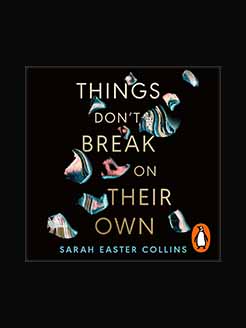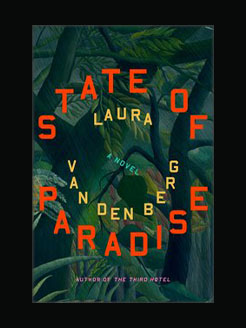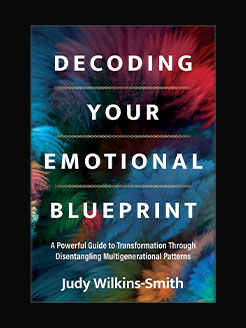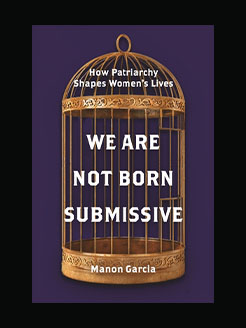Published in 2022
312 pages
Angela Sterritt is an award-winning investigative journalist and national bestselling author from the Wilp Wiik’aax of the Gitanmaax community within the Gitxsan Nation on her father’s side and from Bell Island, Newfoundland, on her mother’s side. Sterritt worked as a television, radio, and digital journalist at CBC for more than a decade. She hosted the award-winning CBC original podcast Land Back, investigating land theft and land reclamation in Canada. She lives on the territories of the xʷməθkʷəy̓əm (Musqueam), Sḵwx̱wú7mesh (Squamish), and səlilwətaɬ (Tsleil-Waututh).
What is this book about?
“A remarkable life story. . . Angela Sterritt is a formidable storyteller and a passionate advocate.”—Cherie Dimaline, author of The Marrow Thieves
“Sterritt’s story is living proof of how courageous Indigenous women are.”—Tanya Talaga, author of Seven Fallen Feathers and All Our Relations
A remarkable work of memoir and investigative journalism focusing on missing and murdered Indigenous women, written by an award-winning Gitxsan journalist who survived life on the streets against all odds.
As a Gitxsan teenager navigating life on the streets, Angela Sterritt wrote in her journal to help her survive and find her place in the world. Now an acclaimed journalist, she writes for major news outlets to push for justice and to light a path for Indigenous women, girls, and survivors. In her brilliant debut, Sterritt shares her memoir alongside investigative reporting into cases of missing and murdered Indigenous women in Canada, showing how colonialism and racism led to a society where Sterritt struggled to survive as a young person, and where the lives of Indigenous women and girls are ignored and devalued.
Growing up, Sterritt was steeped in the stories of her ancestors: grandparents who carried bentwood boxes of berries, hunted and trapped, and later fought for rights and title to that land. But as a vulnerable young woman, kicked out of the family home and living on the street, Sterritt inhabited places that, today, are infamous for being communities where women have gone missing or been murdered: Vancouver’s Downtown Eastside, and, later on, Northern BC’s Highway of Tears. Sterritt faced darkness: she experienced violence from partners and strangers and saw friends and community members die or go missing. But she navigated the street, group homes, and SROs to finally find her place in journalism and academic excellence at university, relying entirely on her own strength, resilience, and creativity along with the support of her ancestors and community to find her way.
“She could have been me,” Sterritt acknowledges today, and her empathy for victims, survivors, and families drives her present-day investigations into the lives of missing and murdered Indigenous women. In the end, Sterritt steps into a place of power, demanding accountability from the media and the public, exposing racism, and showing that there is much work to do on the path towards understanding the truth. But most importantly, she proves that the strength and brilliance of Indigenous women is unbroken, and that together, they can build lives of joy and abundance.







